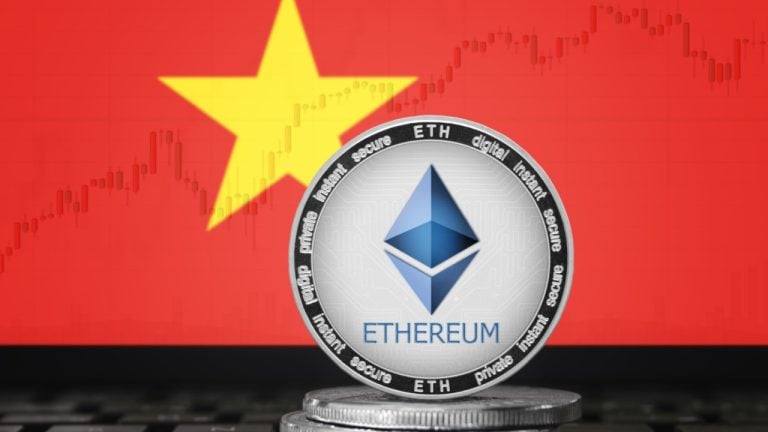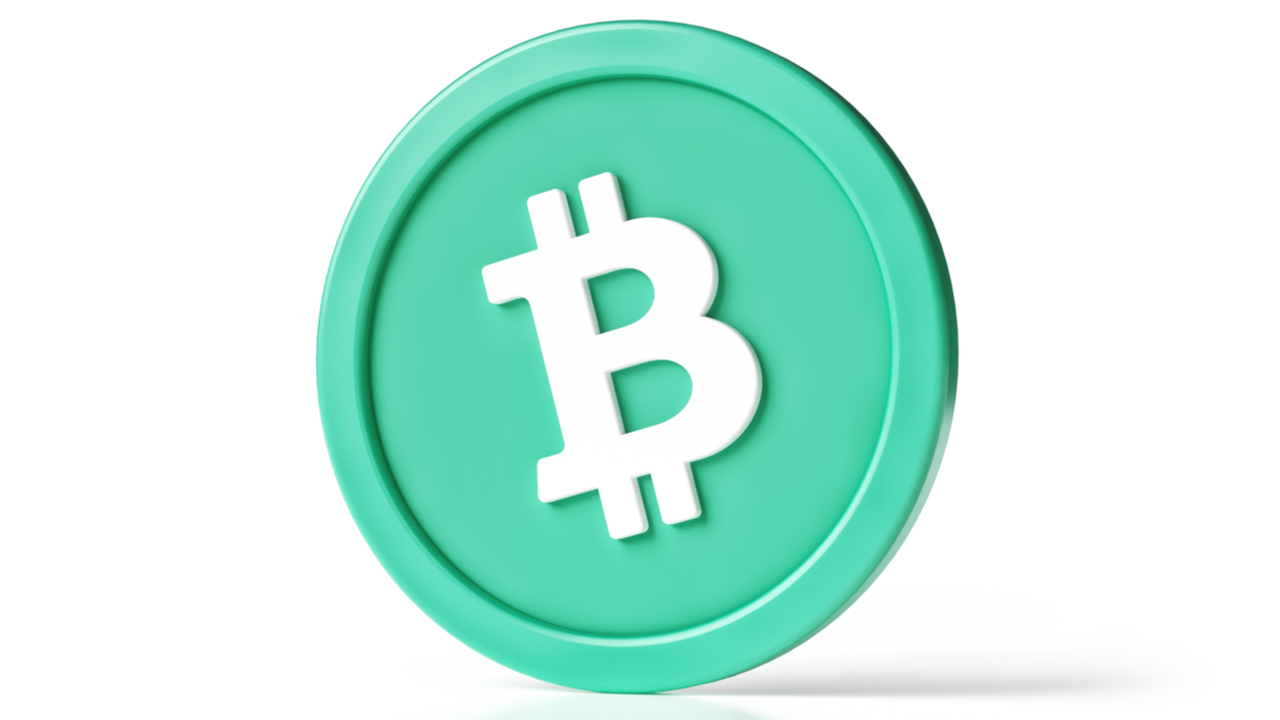
Crypto donations are so much more than just peer-to-peer Bitcoin and Ether transactions.
Non-fungible tokens (NFTs), decentralized autonomous organizations (DAOs), and decentralized finance (DeFi) are redefining how charities raise donations and distribute funds to those most in need.
Through ever-evolving crypto and blockchain-related technology, crypto philanthropists told Cointelegraph that they've witnessed “new wealth distribution mechanisms" never seen before.
“Philanthropy has traditionally been seen as a high-cost-of-entry, individualistic activity but with web3, collective decision-making bodies like DAOs can use tools that streamline financial coordination and encourage more participation,” explained Omar Antila, Product Lead at Crypto for Charity.
“Crypto enables new innovative fundraising strategies, like charitable NFT-drop campaigns, or allowing people to pool their crypto funds in decentralized finance (DeFi) protocols that earn interest for a specific cause,” he added.
In October, a number of breast cancer-focused organizations started implementing NFTs to highlight Breast Cancer Awareness Month.
Antila noted that he has seen many other philanthropic communities built around non-fungible tokens (NFTs), which have raised support for many other causes in need, such as testicular cancer, human trafficking, and the war in Ukraine.
Last year, UkraineDAO, a decentralized autonomous organization crowdfunded $6.1 million for a 1/1 Ukrainian flag nonfungible token (NFT). Proceeds were aimed at nonprofit organizations in Ukraine helping those affected by the Russian invasion.

Meanwhile, Anne Connelly, the co-author of “Bitcoin and the Future of Fundraising” believes the crypto charity sector will soon expand from Bitcoin (BTC) and Ether (ETH) as the main cryptocurrencies for donations:
“Over time, however, we'll see organizations accepting a much larger spread of tokens — similar to how they would accept gifts of securities. We'll also see gifts of NFTs and other tokenized assets like real estate or collectibles.”
“I believe that once [...] more organizations realize the philanthropic potential of this donor segment, every organization will have a crypto donation platform, the same way every organization accepts credit cards,” she added.
Antila said the wide-reaching nature of crypto means that the total addressable market for crypto charity is huge too.
Antila believes the “2 billion or so unbanked adults that exist in the world today” will soon have the tools “to participate in the global economy, transact, and create wealth without third parties getting in the way or taking a cut.”
Related: Charities risk losing a generation of donors if they don’t accept crypto

This could be especially true for countries suffering from lack of trust in their state’s monetary system, where crypto adoption rates are also highest.
Connelly said adoption rates are highest in undeveloped nations — most notably Nigeria, Argentina, Vietnam and South Africa — because they simply cannot trust their state’s monetary system:
“Over half the world's population lives under double, triple, or quadruple inflation rates. For most people, they can't trust their governments to effectively manage the monetary system.
“Having the choice to use crypto is an important option for citizens, but also shows governments that if they want people to use their fiat currency, they will need to clean up their act,” she added.











